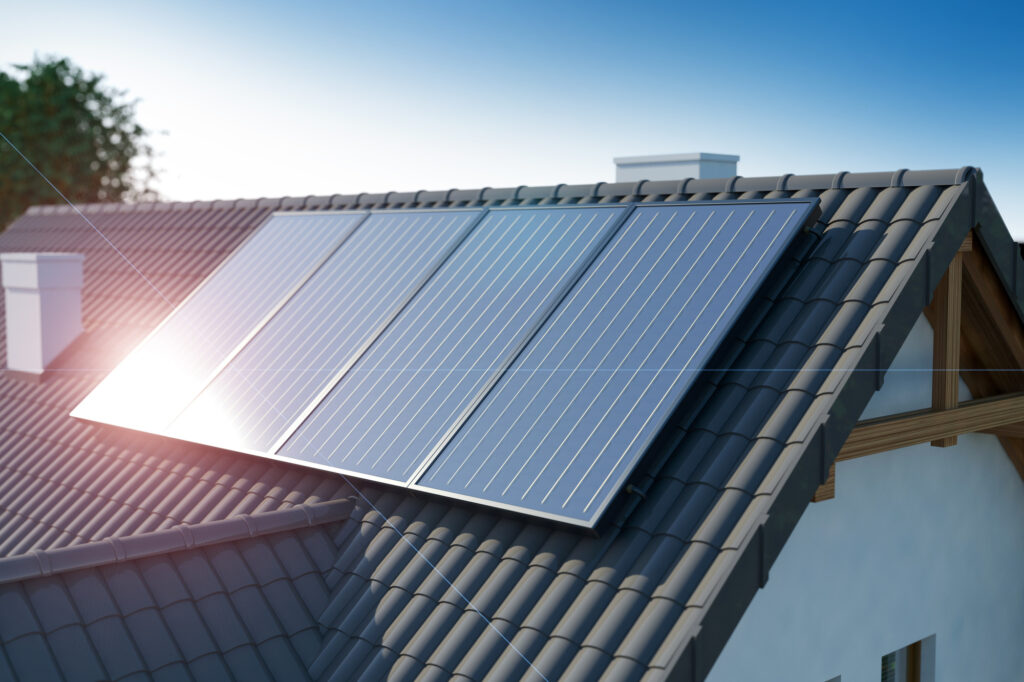Two Things to Know About Residential Solar in 2022
Have you been searching for ways to reduce expenses in 2022?
If so, you’re not alone. After all, the cost of living is higher than ever before, thus almost everyone needs to save money wherever they can. This includes cutting back on monthly expenses such as energy costs.
One way to reduce your energy costs is by installing residential solar panels. Solar provides clean, cheap, and sustainable energy that also helps protect the environment.
But what should you know about residential solar in 2022? Great question! Fortunately, you’ve come to the right place for information that will give you a better understanding of why residential solar panels are a smart investment. Keep reading to learn more.
1. The Pros of Investing In Solar Panels
There are advantages and disadvantages to investing in solar panels in 2022. So let’s start by taking a look at a few of the primary advantages.
First of all, you’ll save money on your monthly energy bills. It doesn’t take a brain surgeon to understand why this can be very appealing to many homeowners. And not only will you reduce the amount of money spent each month on energy, but you can also offset your energy costs by selling back unused electricity to your local energy company.
Another huge benefit of installing solar is the fact that you won’t have to worry about your local energy companies raising prices. After all, the price of energy from the sun never increases. That means you’ll enjoy free energy year after year regardless of the price hikes in your local power grid.
This type of energy dependence also means you won’t have to worry about power outages that impact the rest of the community.
Solar is also incredibly environmentally friendly. It doesn’t produce toxic waste or hard the earth. In fact, it’s the cleanest form of energy. You simply install the panels and enjoy the limitless energy provided by the sun.
2. The Cons of Investing In Solar Panels
There are also a few disadvantages involved when investing in solar panels.
For example, upfront residential solar panels cost more to install than traditional energy sources. That’s because you’ll need to invest in the hardware and pay someone to install it. And yet this investment will easily pay for itself in the long run.
Another drawback is the fact that you might live in an area where your home won’t get enough exposure to the sun to power your home. When this is the case, solar might not be a viable option for your family.
Fortunately, you can still reduce monthly energy costs using window tint.
A Homeowner’s Guide to Residential Solar Panels
It’s no secret that shifting to a greener lifestyle is a great way to save money while also protecting the environment. Fortunately, this guide to things to know about residential solar panels in 20222 will help you decide what’s best for you and your family.
Please continue exploring the articles on this blog to discover more content filled with incredibly useful real estate-related tips and advice.
